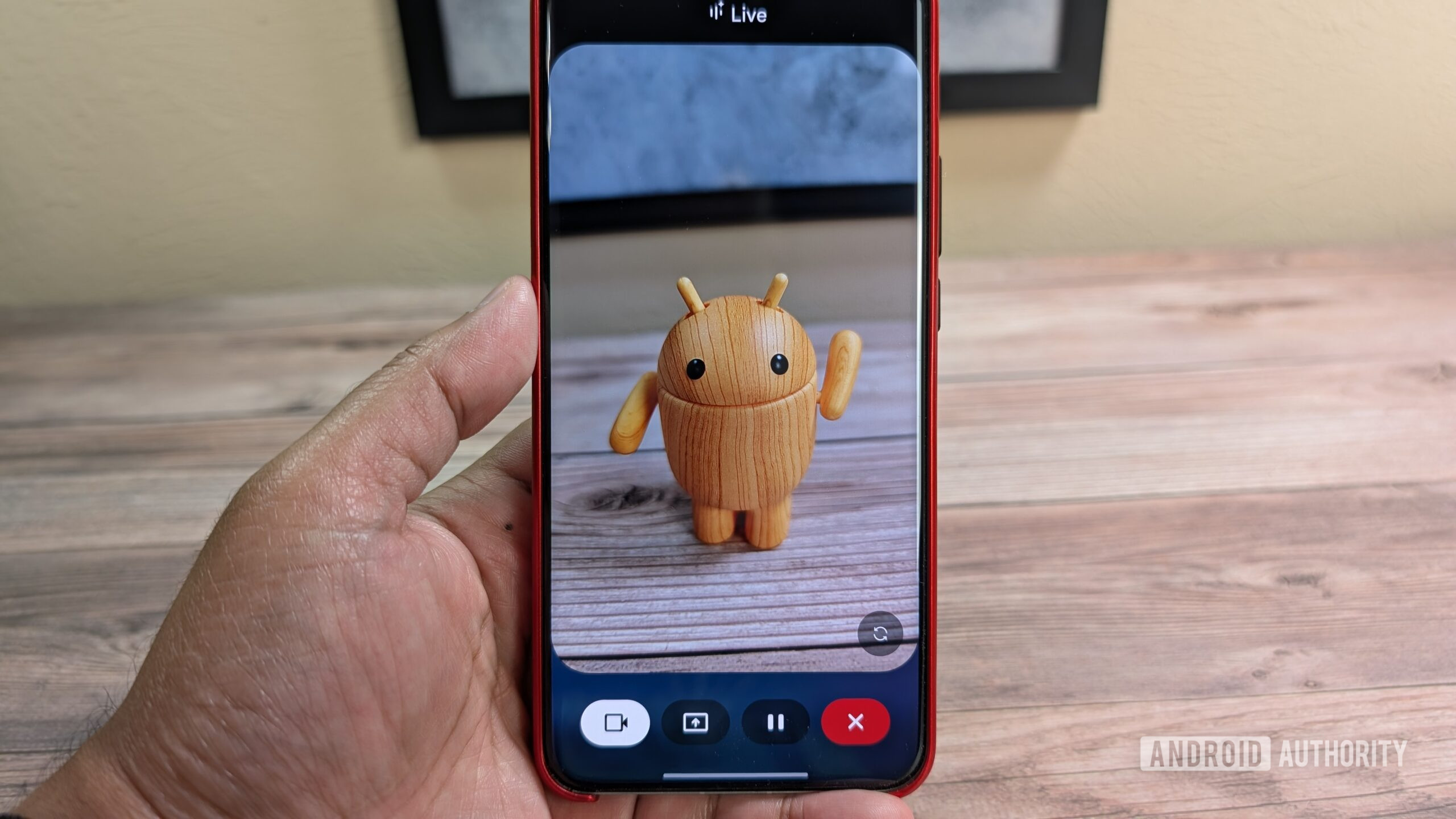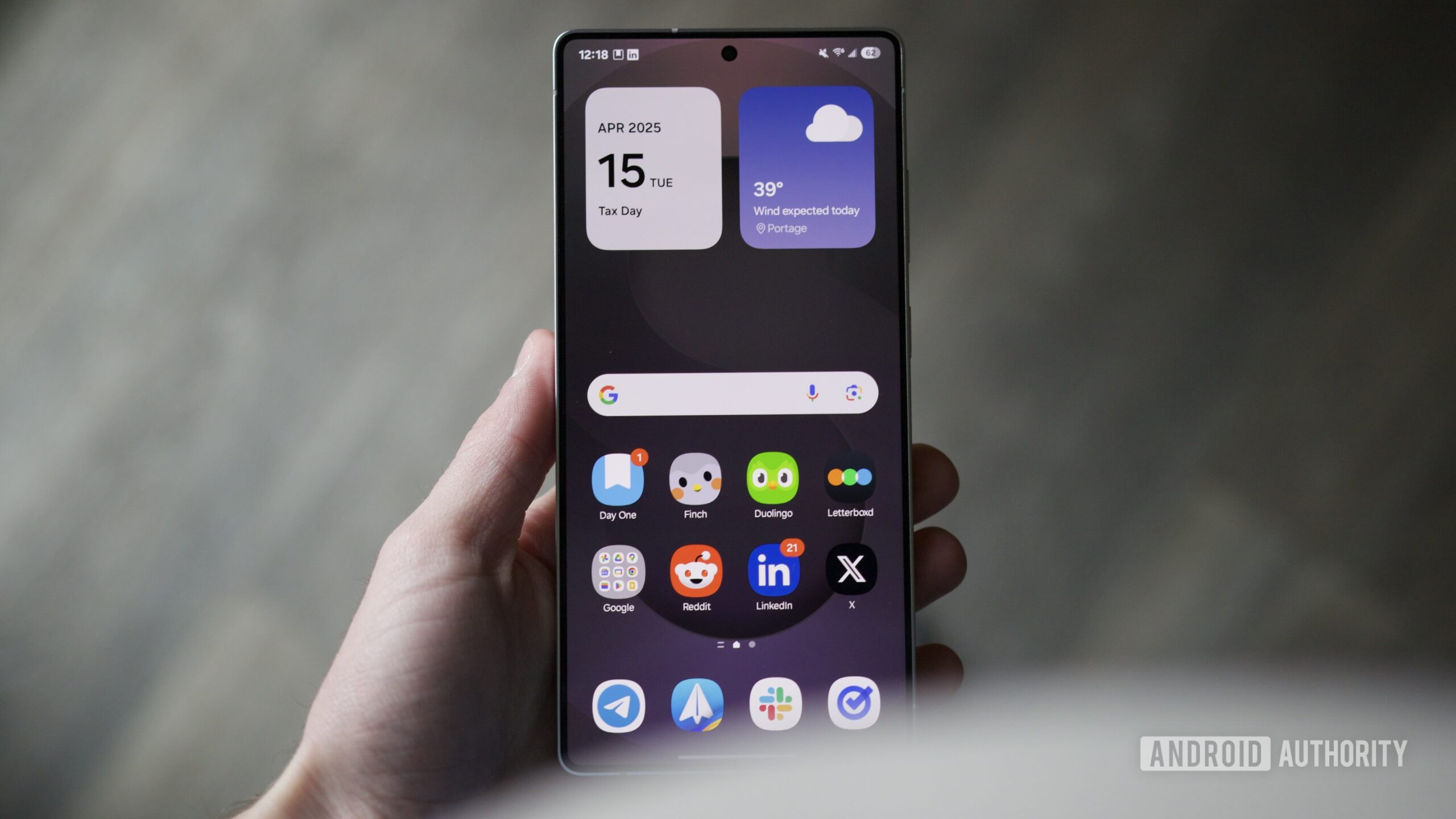Revolutionizing Business: The Rise of Mobile App Development in the UAE
As mobile applications become more integral to everyday life, ensuring their security is paramount. Cybersecurity threats, such as data breaches and hacking, pose significant risks to both businesses and users. Dubai is taking proactive measures to enhance cybersecurity, including the establishment of the Dubai Cyber Security Strategy and the Cyber Security Center.
The United Arab Emirates (UAE), particularly Dubai, is experiencing a technological renaissance. In the last decade, Dubai has rapidly evolved into a global hub for business, tourism, and innovation. One of the key driving forces behind this transformation is the burgeoning field of mobile application development. This industry is not only revolutionizing how businesses operate but also reshaping the everyday lives of residents and visitors. In this comprehensive blog, we will explore the various facets of mobile application development in Dubai, highlighting its impact on the economy, business landscape, and society at large.
The Digital Transformation of Dubai
- Vision 2021 and Beyond
Dubai’s leadership has long recognized the importance of technology in achieving economic diversification and sustainability. The UAE Vision 2021, launched by His Highness Sheikh Mohammed bin Rashid Al Maktoum, aims to make the UAE one of the best countries in the world by 2021. This vision underscores the importance of innovation and technological advancement, including a robust digital economy powered by mobile application development.
- Smart Dubai Initiative
Another significant initiative propelling mobile application development is the Smart Dubai initiative. Launched in 2013, Smart Dubai aims to transform the city into the happiest and smartest city on earth. This involves the seamless integration of digital services across various sectors, including healthcare, transportation, education, and government services, making mobile applications a critical component of the city's infrastructure.
The Rise of Mobile Application Development in Dubai
- Economic Impact
The mobile application development industry in Dubai is booming, contributing significantly to the local economy. The sector has seen exponential growth, driven by the high penetration of smartphones, a tech-savvy population, and a supportive business environment. According to recent reports, the mobile app market in the Middle East and North Africa (MENA) region is expected to grow at a compound annual growth rate (CAGR) of 19.5% from 2021 to 2026.
- Government Support and Policies
The UAE government has implemented several policies to support the growth of the tech sector. Initiatives such as the Dubai Internet City, Dubai Silicon Oasis, and the Dubai Future Accelerators program provide a conducive environment for tech startups and mobile app developers. These initiatives offer state-of-the-art infrastructure, tax incentives, and access to a network of investors and mentors, fostering innovation and growth in the mobile application development sector.
Key Industries Driving Mobile App Development
- E-commerce and Retail
E-commerce is one of the leading industries driving mobile application development in Dubai. With a growing number of consumers preferring online shopping, businesses are increasingly investing in mobile apps to enhance the customer experience. Major retailers like Carrefour, Noon, and Amazon have developed sophisticated mobile applications that offer seamless shopping experiences, personalized recommendations, and secure payment options.
- Healthcare
The healthcare sector in Dubai is also witnessing a significant transformation due to mobile applications. Apps like HealthHub by Al-Futtaim, MyMedicNow, and UAE PASS are revolutionizing how healthcare services are accessed and delivered. These apps offer features such as teleconsultations, appointment scheduling, electronic health records, and remote patient monitoring, making healthcare more accessible and efficient.
- Transportation and Logistics
Dubai's transportation sector has embraced mobile applications to enhance convenience and efficiency. The Roads and Transport Authority (RTA) offers several mobile apps, including the RTA Dubai app and the Dubai Drive app, which provide real-time information on public transport, traffic updates, and parking availability. Ride-hailing services like Uber and Careem have also gained immense popularity, providing reliable and convenient transportation options.
- Real Estate
The real estate industry in Dubai is leveraging mobile applications to streamline property transactions and enhance customer engagement. Apps like Property Finder, Bayut, and Dubizzle allow users to search for properties, view virtual tours, and connect with real estate agents. These apps have made the property search process more transparent and efficient, benefiting both buyers and sellers.
- Tourism and Hospitality
Dubai's tourism and hospitality sector is a significant contributor to the economy, and mobile applications play a crucial role in enhancing the visitor experience. Apps like Dubai Tourism, Visit Dubai, and Dubai Calendar provide tourists with information on attractions, events, and dining options. These apps also offer features such as booking tickets, navigation, and language translation, ensuring a seamless experience for visitors.
The Role of Technology in Mobile App Development
- Artificial Intelligence (AI) and Machine Learning (ML)
AI and ML are revolutionizing mobile app development by enabling personalized user experiences and enhancing app functionality. In Dubai, AI-powered apps are being used across various sectors, from healthcare to finance. For instance, Emirates NBD’s banking app uses AI to provide personalized financial advice and insights to users.
- Internet of Things (IoT)
The IoT is another technology driving innovation in mobile application development. In Dubai, IoT-enabled apps are being used in smart home systems, transportation, and healthcare. The Dubai Silicon Oasis Authority has launched several IoT initiatives to promote smart living, including the Dubai Smart City Accelerator, which supports startups in developing IoT solutions.
- Augmented Reality (AR) and Virtual Reality (VR)
AR and VR technologies are enhancing user experiences in mobile applications, particularly in the retail and real estate sectors. For example, IKEA’s mobile app uses AR to allow users to visualize furniture in their homes before making a purchase. Similarly, real estate apps in Dubai offer virtual tours of properties, enabling potential buyers to explore homes remotely.
- Blockchain
Blockchain technology is gaining traction in Dubai’s mobile application development landscape, particularly in finance and real estate. The Dubai Land Department has implemented blockchain to streamline property transactions, making them more transparent and secure. Additionally, blockchain-based mobile apps are being used in supply chain management to ensure the authenticity and traceability of products.
Challenges in Mobile App Development
- Talent Shortage
One of the significant challenges facing the mobile application development industry in Dubai is the shortage of skilled talent. While the government is investing in education and training programs to address this gap, there is still a high demand for experienced developers, designers, and project managers.
- Cybersecurity
As mobile applications become more integral to everyday life, ensuring their security is paramount. Cybersecurity threats, such as data breaches and hacking, pose significant risks to both businesses and users. Dubai is taking proactive measures to enhance cybersecurity, including the establishment of the Dubai Cyber Security Strategy and the Cyber Security Center.
- User Privacy
Protecting user privacy is another challenge in mobile app development. With the increasing amount of personal data being collected by apps, there is a growing concern about how this data is used and protected. Dubai has implemented data protection laws, such as the Dubai Data Law, to ensure that user data is handled responsibly and securely.
Future Trends in Mobile App Development
- 5G Technology
The rollout of 5G technology in Dubai is set to revolutionize mobile app development by providing faster internet speeds and lower latency. This will enable the development of more sophisticated and responsive applications, particularly in areas such as augmented reality, virtual reality, and IoT.
- Progressive Web Apps (PWAs)
Progressive Web Apps (PWAs) are gaining popularity as they offer the functionality of native apps with the accessibility of web apps. PWAs are cost-effective, require less storage space, and provide a seamless user experience across different devices. Businesses in Dubai are increasingly adopting PWAs to reach a broader audience and enhance user engagement.
- Wearable Technology
Wearable technology, such as smartwatches and fitness trackers, is becoming more prevalent, driving the development of mobile apps that integrate with these devices. In Dubai, wearable technology is being used in healthcare, fitness, and entertainment, offering users new ways to monitor their health and stay connected.
- Enhanced User Experience (UX)
User experience remains a critical factor in the success of mobile applications. Developers in Dubai are focusing on creating intuitive and engaging interfaces that provide a seamless user experience. This includes incorporating features such as voice recognition, gesture controls, and personalized content to enhance user satisfaction.
Conclusion
Mobile application development in Dubai is at the forefront of the city's digital transformation, driving innovation and economic growth across various sectors. The government's supportive policies, coupled with advancements in technology, are creating a conducive environment for the industry to thrive. While challenges such as talent shortage and cybersecurity need to be addressed, the future of mobile app development in Dubai looks promising. As businesses and consumers continue to embrace mobile technology, the demand for innovative and user-friendly applications will only increase, solidifying Dubai's position as a global leader in digital innovation.
In conclusion, the rise of mobile application development in Dubai is revolutionizing business operations and enhancing the quality of life for residents and visitors. With continued investment in technology and talent, Dubai is well on its way to becoming a smart city that leverages digital solutions to create a sustainable and prosperous future.
What's Your Reaction?
 Like
0
Like
0
 Dislike
0
Dislike
0
 Love
0
Love
0
 Funny
0
Funny
0
 Angry
0
Angry
0
 Sad
0
Sad
0
 Wow
0
Wow
0



















































